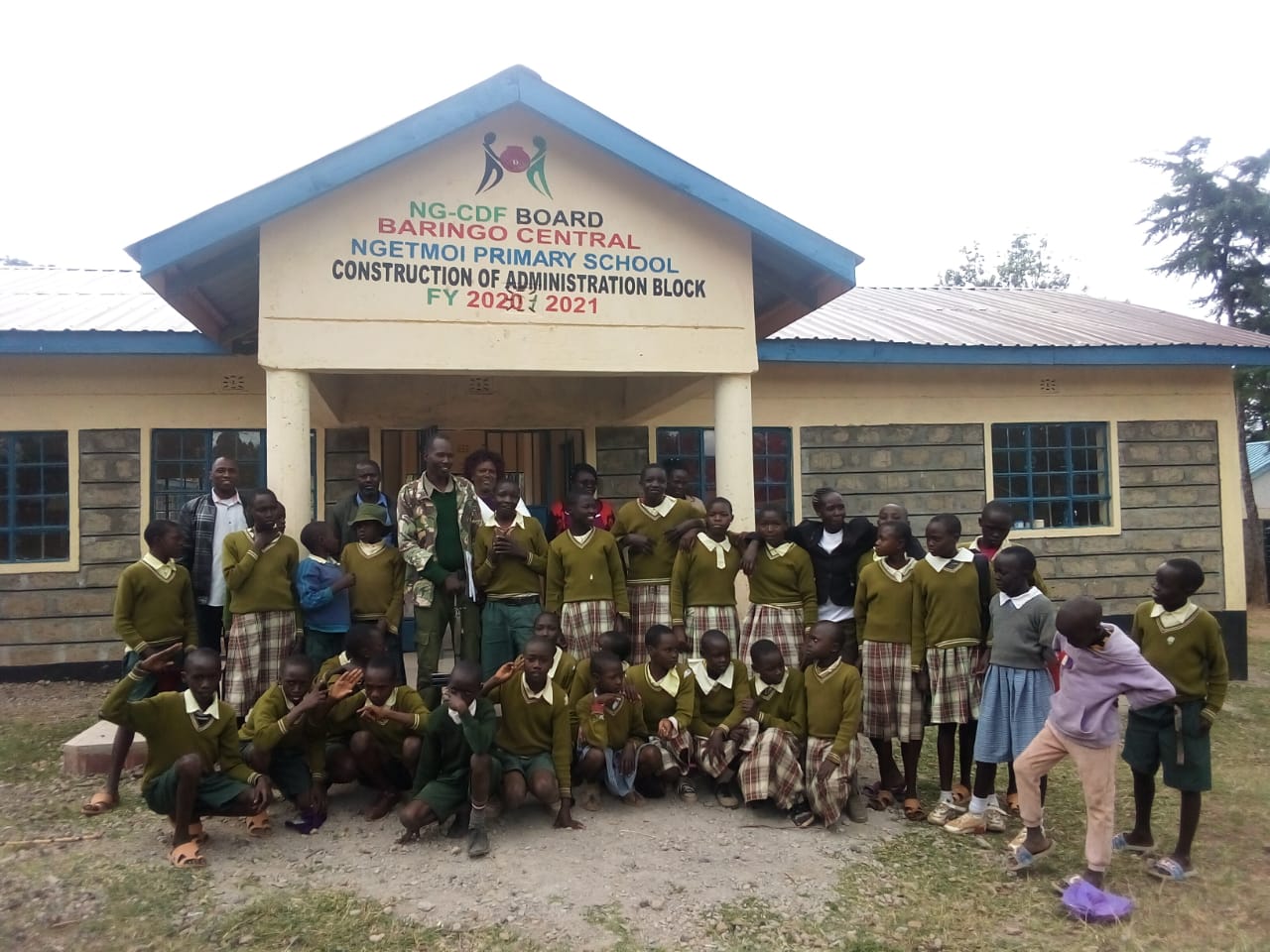- Baringo, particularly Tiaty Sub County, has long been prone to banditry attacks, with a series of school closures and tragic incidents in recent years. Other affected sub-counties include Baringo North and Baringo South.
Teachers often go unnoticed in the pursuit of justice in the aftermath of banditry-related crimes. Stories of horror, fear and despair usually linger among those tasked with educating students in areas plagued by such violence.
The tale of one teacher who experienced teaching in a banditry-prone region in Kenya is one such example of the challenges that teachers face in their line of duty.
A primary school teacher, Joan Bowen, never anticipated the perils that awaited her when she was posted to Tangulbei Primary School in Tangulbei, Baringo County.
Baringo, particularly Tiaty Sub County, has long been prone to banditry attacks, with a series of school closures and tragic incidents in recent years. Other affected sub-counties include Baringo North and Baringo South.
The county has been plagued by banditry-related violence, resulting in a significant number of casualties and injuries. Since 2005, over 400 people have lost their lives as a result of banditry, and more than 40,000 individuals have been displaced.
In February 2024, a series of schools, including Kosile, Ngaratuko, Kibenos, Kagir and Yatya primary schools, were closed following attacks that claimed the life of the Kagir Primary School teacher, Thomas Kibet, whom bandits had blinded in his childhood.
For Joan, the reality of teaching in such an environment was far from what she had envisioned. “Every time I hear news of teachers getting killed, I remember the horrors that I went through. Living in fear was what I had gotten used to,” she recalls.
During her six-month stint at Tangulbei Primary, Joan witnessed firsthand the impact of the banditry crisis on her pupils. “As a teacher, fearing that your pupils may be armed can send you chills. You can even refrain from disciplining them because of the fear of the consequences,” she said.
The constant fear for her safety eventually led Joan to appeal for a transfer in March 2005, just six months after her initial posting. "If I had not left the banditry-prone area early enough, I would have fallen victim to the same fate as other teachers who have been killed since the insecurity menace crippled the area back in 2005," she reflects.
The plight of teachers in these regions has not gone unnoticed. In April 2024, Members of Parliament from the bandit-hit North Rift region proposed measures to address the ongoing skirmishes, including the idea of forcefully driving residents from troubled areas to seek education as a means of eradicating illiteracy and banditry.
Tiaty MP William Kamket argued that this approach could resolve the crisis, while Turkana Women Representative Cecilia Ngitit and Samburu MP Naisula Lesuuda emphasized the need for locals to attend school, noting that illiteracy has hindered efforts to end banditry in the region.
Joan believes that education is the key to breaking the cycle of violence, but she also wishes for a way to ensure the safety of teachers in these volatile areas.
"It is through education that the prevalence of banditry will come to an end. Teachers are a gift to the children in such areas, but they go through horrors they rarely speak about. In their pursuit of educating the youngsters, most of them end up getting traumatized because of fear for their lives. If only one had assurance of his or her life, then things could be smooth," she said.
Joan has found a sense of security and comfort in her current teaching post. She is now a teacher at Kabarbarma Primary School in Baringo Central.

For the past 19 years, Joan has felt at ease in her role as an educator. The area has been relatively stable, free from banditry and attacks that have plagued other parts of Baringo County.












